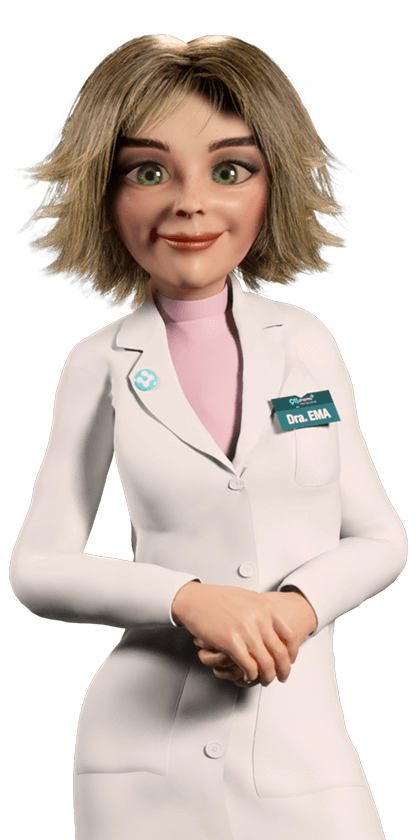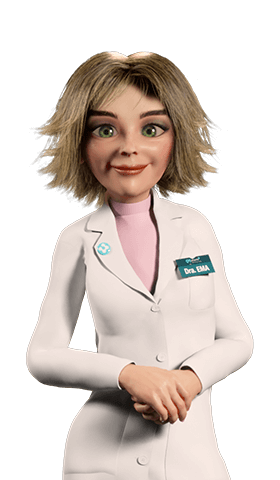Digestive system
Diarrhoea - When nothing is better than a nearby toilet
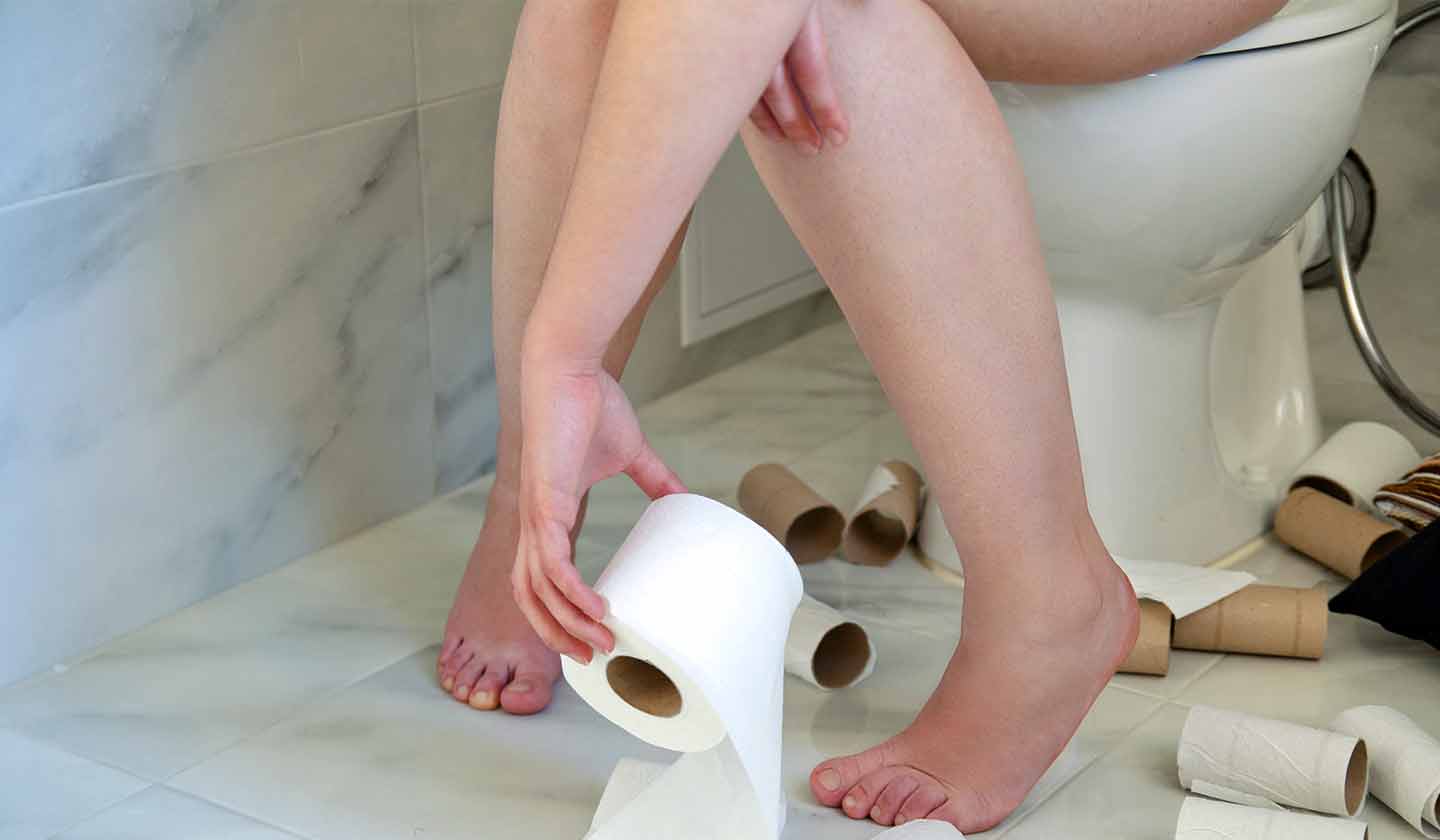
Water, mineral salts, and nutrients in foods are absorbed when they pass through the intestine. All the food residues that cannot be absorbed will become faeces. The intestinal bacteria, which help to keep intestinal balance, participate in this process, thus helping to maintain a healthy intestinal flora. When the intestinal flora is not working properly, diarrhoea can occur.
Diarrhoea is defined as the condition of having loose stools, which can be more soft or watery, and more frequent than usual.
The bowel movement varies from one person to another and the general range for bowel movements is from three times a day to three times a week. Therefore, based on the duration, diarrhoea can be classified as acute (< 14 days), persistent (from 14 to 30 days) or chronic diarrhoea (< or = 30 days). The incidence of acute diarrhoea increases in summer.
Causes and consequences
Diarrhoea can have different associated causes:
- Infectious gastroenteritis: caused by viruses, bacteria, and other parasites, such as protozoa;
- Food poisoning: food allergy or intolerance (gluten, dairy products, lactose...), or water or food contamination;
- Digestive system diseases: irritable bowel syndrome, diverticulitis, or intestinal obstruction;
- Different pathologies: Hyperthyroidism or carcinoid syndrome;
- Medication: antibiotics, digoxin, acarbose, metformin, misoprostol, iron salts, orlistat, colchicine, antiretroviral therapy, anti-inflammatory drugs, excessive use of laxatives and heartburn drugs (acid reducers);
- Travelling to places with poor sanitation and hygiene conditions;
- Lack of personal hygiene;
- Other: spicy food, stress, alcohol...
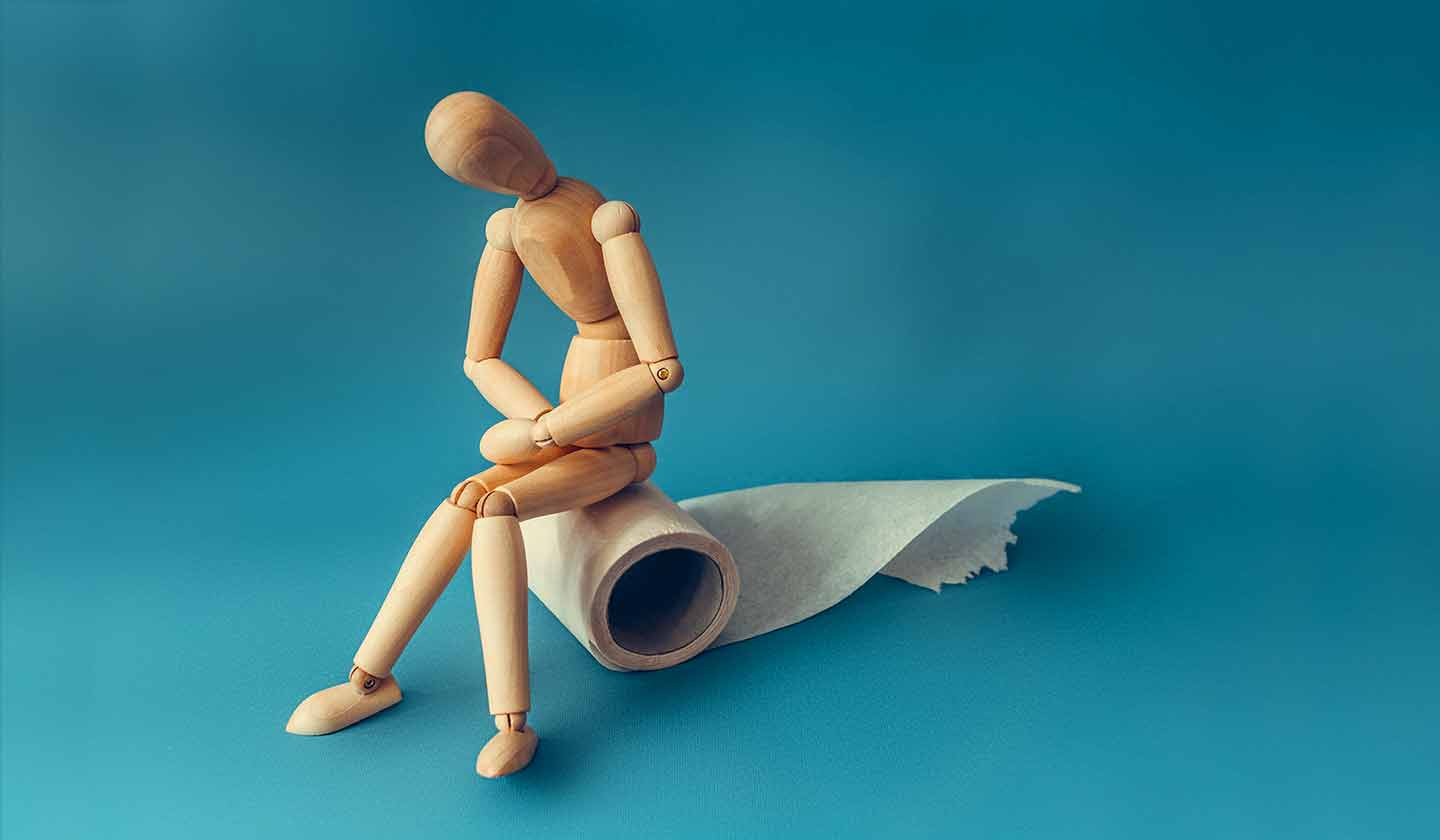
Symptoms:
Diarrhoea may be associated with symptoms of abdominal pain, flatulence (passing wind), general malaise, weakness, incontinence, nausea, vomit, or perianal pain.
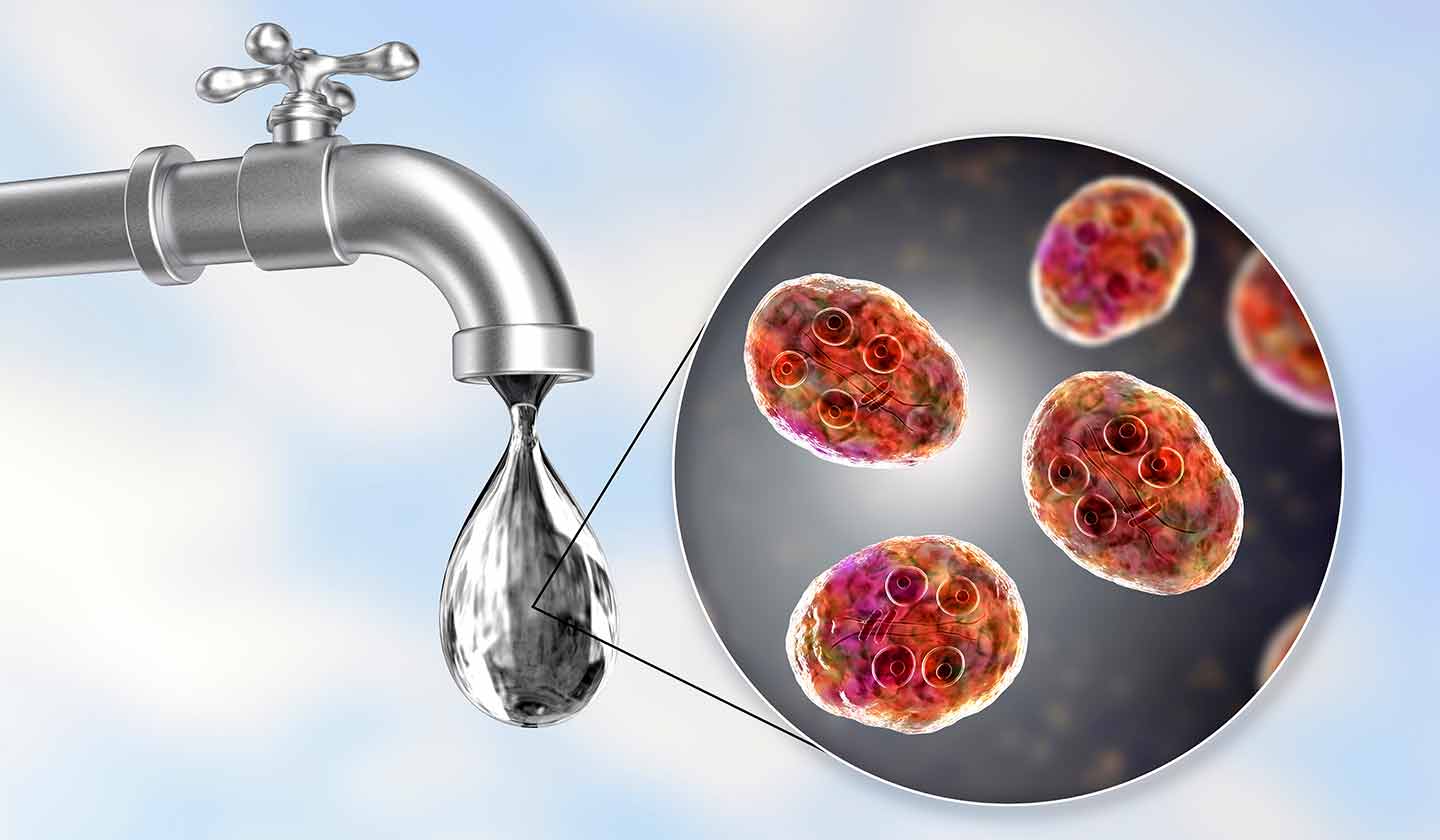
Prevention / Precautions:
Given that diarrhoea is a common but rather uncomfortable phenomenon, it is important to prevent it and take some precautions.
- Wash your hands with soap and water frequently, specially before and after using the toilet, before meals or after being in contact with the soil or with animals;
- Avoid touching your mouth with unwashed hands (special care must be taken with children);
- Drink fluids (around 3 L) to avoid dehydration, drinking small amounts throughout the day;
- Avoid soft drinks, alcohol, coffee, sparkling water, and milk
- Avoid eating raw fruit, fibres, and high-fat foods to prevent an increase in the frequency of bowel movements.
- Have healthy eating habits that include bread, pasta, rice soup, potato, mashed carrots, boiled fish, chicken meat without skin.
There are food supplements, available from your local pharmacy, for treating acute diarrhoea: oral rehydration solutions that strengthen hydration and probiotics that reduce the duration and intensity of the symptoms, as well as the risk of recurrence.
In case you are travelling, extra care must be taken:
- Drink only bottled water
- Do not eat uncooked food
- Peel fruit and avoid eating salads
- Do not use ice made from tap water
- Do not leave foods at room temperature
- Wash your hands where possible; if not, carry a mini hand sanitizer with you, 70% alcohol based, with you and use it regularly.
When should I seek medical assistance?
- Fever > 38ºC
- Dark stools and blood in stool
- Weight loss (higher than 5%)
- Severe dehydration (feeling very thirsty, mouth or skin become dry, low urine output, dizziness, dark urine)
- For children with less than 2 years and elderly people, and in case of electrolyte imbalance, diarrhoea is considered a medical emergency.
Sources
iSaúde
Farmácia Distribuição Magazine
Também lhe poderá interessar
Medicines and Devices
Antibiotic and Doctor an inseparable combination
Digestive system
